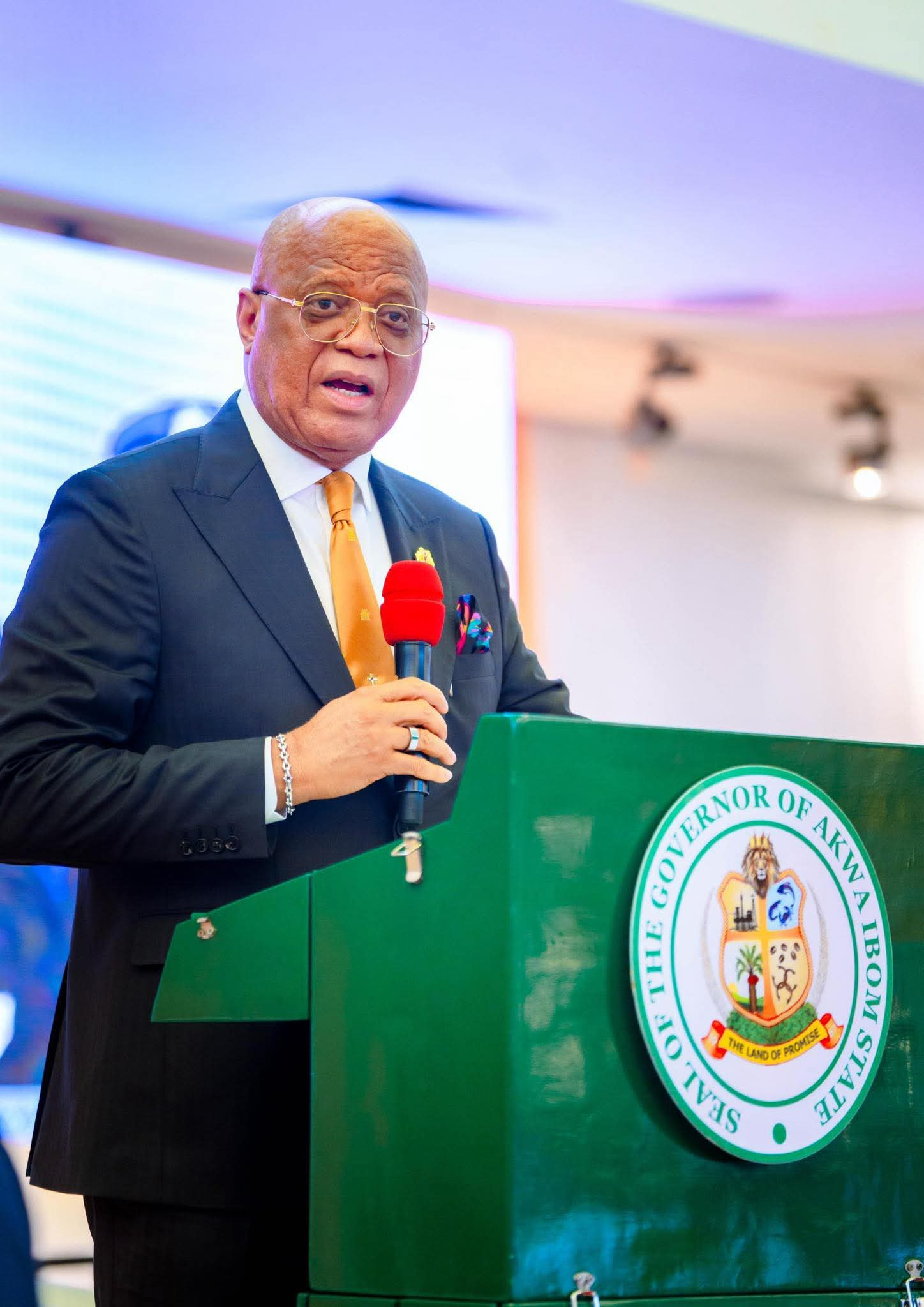FG gazettes new tax laws
The Nigerian central government has published its new tax laws in its official gazette, enthroning a new taxation framework on the country.
This was made public in a statement signed by the Personal Assistant on Special Duties to the President, Kamorudeen Yusuf, Wednesday.
The laws came into effect on 26 June 2025, when President Bola Tinubu appended his signature to the bills passed by the National Assembly.
The legislations are: Nigeria Tax Act (NTA), 2025; Nigeria Tax Administration Act (NTAA), 2025; Nigeria Revenue Service (Establishment) Act (NRSEA) 2025; and the Joint Revenue Board (Establishment) Act (JRBEA), 2025.
Parts of the provisions of the Acts provide that, “Small businesses with turnover under ₦100m and assets below ₦250m are exempted from corporate tax.
“Corporate tax rate for large firms may be cut from 30% to 25% at the President’s discretion. “Top-up tax thresholds: ₦50bn (local firms) and €750m (multinationals).
“5% annual tax credit introduced for eligible priority-sector projects.
“Companies transacting in foreign currency may now pay taxes in naira at official exchange rates.”
The statement noted that while the implementation timeline for the NTA & NTAA takes effect on January 1, 2026, NRSEA & JRBEA will be effective from June 26, 2025.
“These reforms aim to simplify Nigeria’s tax system, support small businesses, attract investment, and strengthen fiscal stability, aligning with President Tinubu’s Renewed Hope Agenda to diversify revenue away from oil,” the statement added.
The Tinubu government has been criticised as being too generous with imposition of taxes on the masses, even amid gruelling economic straits faced by them.
These criticisms have been fueled by the government’s similarly generous expenses on itself and its operatives, such as the renovation of the official residence of the Vice President in Abuja, for N21bn, and the one in Lagos for N5bn, as well as the renovation of the Abuja Interational Conference Centre for N39bn, amounts the critics say smacked of financial opaqueness.


